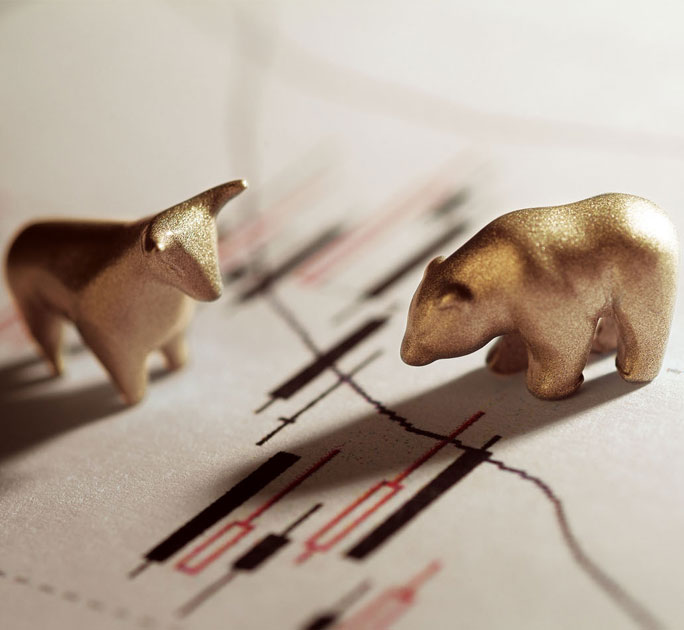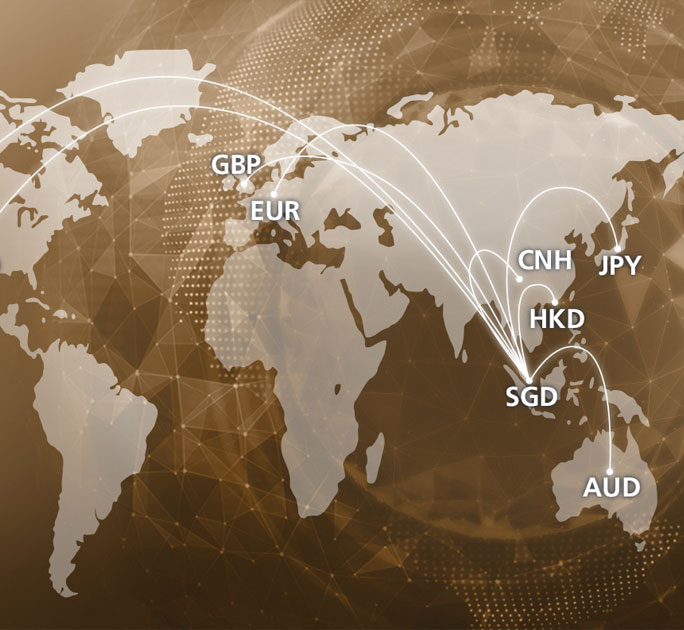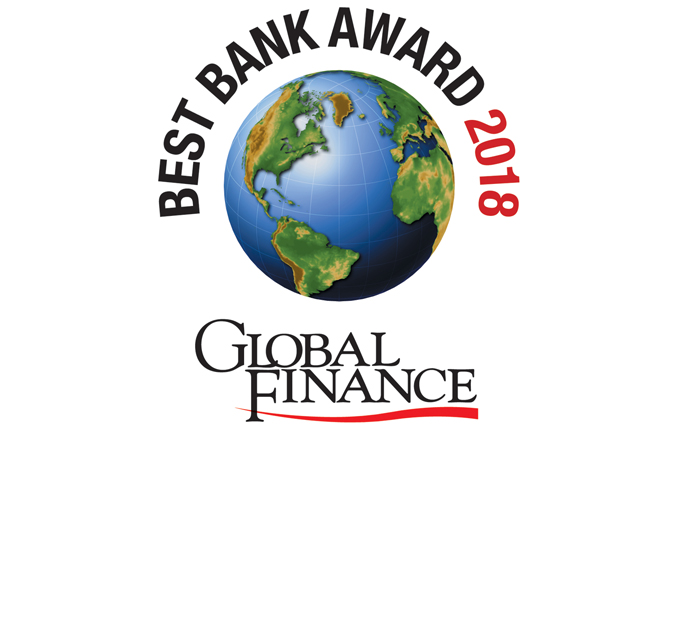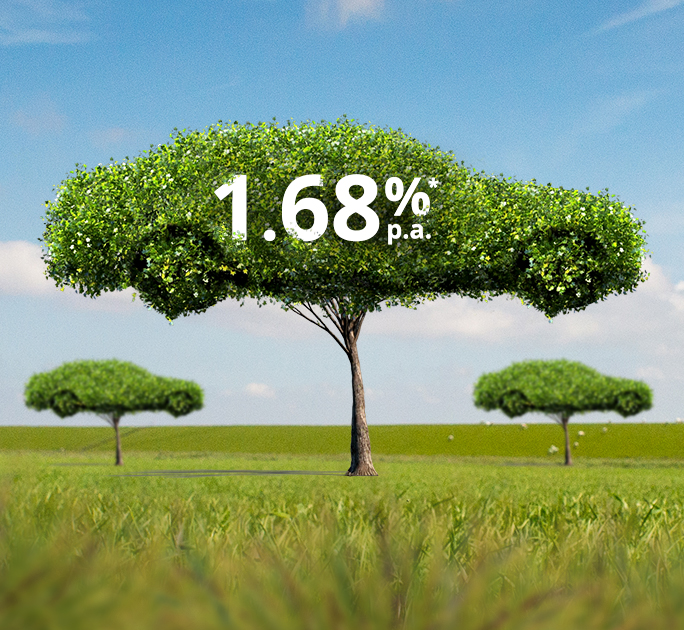Personalised advice.
And advanced digital capabilities.
It’s the wealth intelligence you need — from market trends and sector opportunities, to insightful expertise — to invest with confidence.Learn more
Featured
Be in the know of the latest news and promotions or tap on expert insights.
DBS Wealth Feed
Serving up relevant content on investment knowledge.
Quick Access
An overview of major markets and currency exchange rates.
Leadership & Accolades
Get to know the team at DBS Treasures. Learn what drives us, how we’re making a difference, and our impact to the world.
















